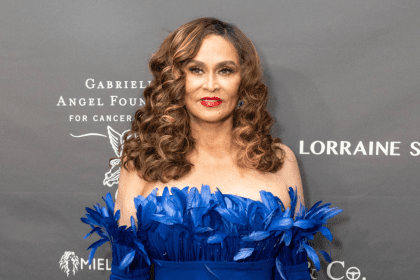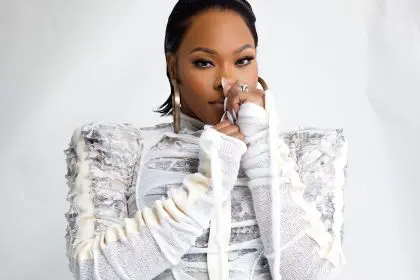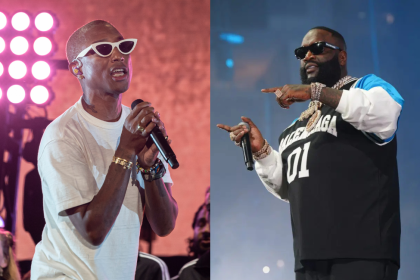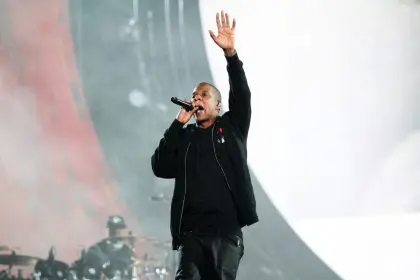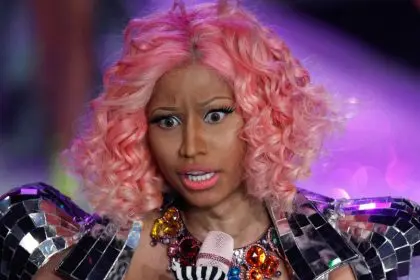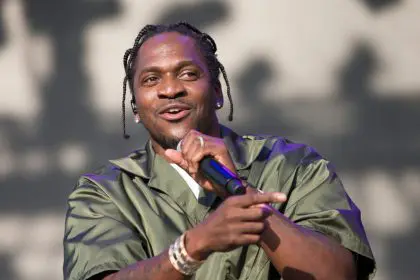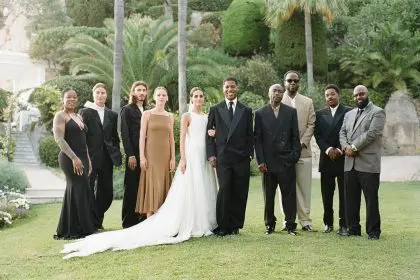Andy Mineo is a rhyme animal. The Syracuse-born, NYC-based emcee is a natural lyricist; it’s evident on Never Land, his latest project. Chatting it up at the Alex Steakhouse in Washington Heights, Mineo was candid and open about his faith, his music and the stigma associated with Christian emcees. The rapper explains why the EP has been his most fully realized work to date.
“I think Never Land is like my first, really strong attempt to create music…that can encourage people who share my faith but also challenge and intrigue people who don’t. That’s the goal,” Mineo says. “To ride that middle line when creating music that invites and welcomes everyone to come listen and everyone to glean from and everyone to be challenged by and encouraged by. I think for a while my music was exclusively for those who shared my beliefs. But I realized I was perpetuating the bubble that I was living in instead of inviting people into my world.”
“Music is such a powerful tool and there are so many people who need love and encouragement and hope,” he adds. “I want to reach those people but at the same time encourage those already down with my message.”
Mineo is doing just that. After releasing his first mixtape, Sin is Wack Vol. 1, in 2009, Mineo collaborated with stars like Lecrae and Tedashii. Upon signing with Lecrae’s Reach Records in 2011, Mineo dropped another mixtape, Formerly Known, took part in the 2012 God Belongs in My City Concert tour and headlined the 2012 Kingdom Choice Awards. With his fan base expanding significantly, Mineo dropped his debut studio album, Heroes For Sale in 2013. He soon found himself featured on hip-hop mainstays like RapFix Live and Sway In the Morning.
Like Lecrae, Mineo has gotten tremendous respect and attention from secular hip-hop. Despite the music’s notorious reputation, hip-hop has flirted with spiritual themes consistently throughout it’s history. From LL Cool J‘s “Power of God” and Run-D.M.C.‘s “Down With the King” to the spiritually-tortured references to prayer and redemption in works by 2Pac and DMX; hip-hop has acknowledged and evoked a certain amount of spirituality. But Mineo says that it typically came in measured undertones, as opposed to a committed message.
“I think people want that encouragement and those spiritual moments–but they don’t want too much of it,” he says. And he points out that that soul-searching would sometimes by paired with dark material. “You get DMX praying on one song on the CD and then on another he could be saying there’s blood on my penis because I banged a corpse!” Mineo says with a chuckle.
Hip-hop’s spiritual sensibility has been more symbolic in recent years, with rappers alluding to religion through imagery and rhetoric.
“I think there are more religious overtones in music because these artists won’t to be connected to greatness,” Mineo feels. “What is greater or higher than God himself? So lots of records–like ‘The Devil Is A Lie’ by Rick Ross and Jay Z, [Kanye West‘s] ‘I Am A God…’ they want to be associated with greatness.”
But Mineo says that it could be a tricky thing to allude to religious imagery without fully understanding the context.
“They could be playing with fire,” says Mineo. “They could be playing with concepts they’re not fully versed on. In their ignorance, they dabble in stuff that could be offensive and hurtful to other people. But I think the time in hip-hop is right for a voice like mine or Lecrae’s…because people want to explore those ideas.”
“You hear this stuff popping up, but I think it’s open-ended,” he adds. “Everybody’s cool with being on a search but as soon as you find answers, it’s like ‘Nah, get out of here.’ But we’re coming with music that says ‘We’ve really found hope. We’ve really found God.’ The music is a conversation-starter.”



